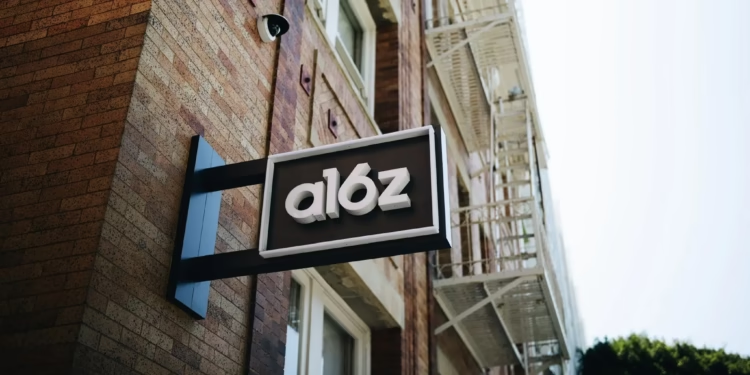Andreessen Horowitz published a report Thursday introducing “arcade tokens,” a blockchain asset class designed to function like airline miles or credit card points rather than speculative investments.
The venture capital firm argues these tokens could enable digital loyalty programs and user rewards without exposing participants to the price volatility that has limited mainstream crypto adoption.
“Just as stablecoins unlock new forms of commerce, and network tokens enable decentralized value-sharing and governance, arcade tokens can power digital economies at scale,” wrote a16z researcher Scott Duke Kominers, CTO Eddy Lazzarin, and co-authors in the report.
Stable value within ecosystems, not speculation
Arcade tokens are designed to hold relatively stable value within a specific software or product ecosystem and are meant to be spent rather than hoarded. They give users access to functions or rewards inside a network, helping projects grow user activity without the volatility associated with most crypto assets.
The tokens feature “programmatically bounded” value to prevent extreme price swings, according to the report.
a16z highlighted Blackbird as a working example. The hospitality-tech startup launched a Web3 payments platform for restaurants in 2024 using a FLY token as a reward asset. Customers earn FLY through spending and can redeem it at participating restaurants.
The redemption process runs on a purpose-built blockchain layer, while a separate network token ensures security and incentives among service providers.
a16z argued that this split model—using a network token for infrastructure and an arcade token for user-facing activity—mirrors traditional reward systems that drive loyalty programs. Airline miles and in-game currencies were cited as analogues that encourage repeat engagement without giving holders ownership stakes.
When arcade tokens make sense
The report identified “spend-centric economies” and applications connecting to real-world businesses as ideal use cases. For these projects, arcade tokens offer price stability, predictable accounting, and simpler token design.
Developers can issue new arcade tokens on demand to support growth through user incentives, grants, or developer subsidies, while keeping value circulating inside the ecosystem rather than leaking out, according to a16z.
However, the firm cautioned that not every project requires them. Highly speculative environments or layer-1 blockchains with established network tokens often gain little from adding an arcade layer.
Broader regulatory push
The arcade token proposal comes as a16z pursues regulatory clarity for blockchain applications more broadly. In August, the firm and the DeFi Education Fund submitted proposals urging the SEC to establish a “safe harbor” for developers of decentralized applications.
The groups argued that developers of blockchain apps should not automatically be treated as brokers. They requested a “rebuttable presumption” that neutral blockchain apps are not engaged in brokerage activity unless proven otherwise.
According to the proposal, forcing developers to register as brokers would impose responsibilities they never agreed to—such as taking custody of user assets or acting as intermediaries—which would undermine blockchain’s core design and introduce new risks to users.











